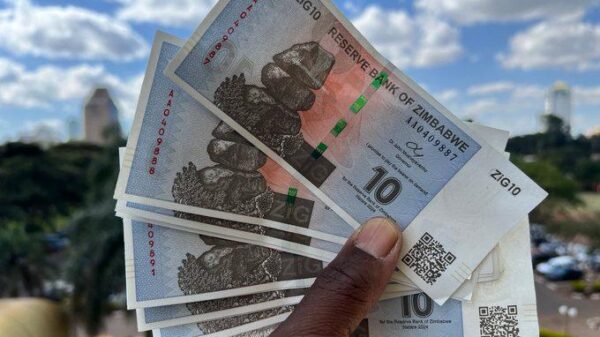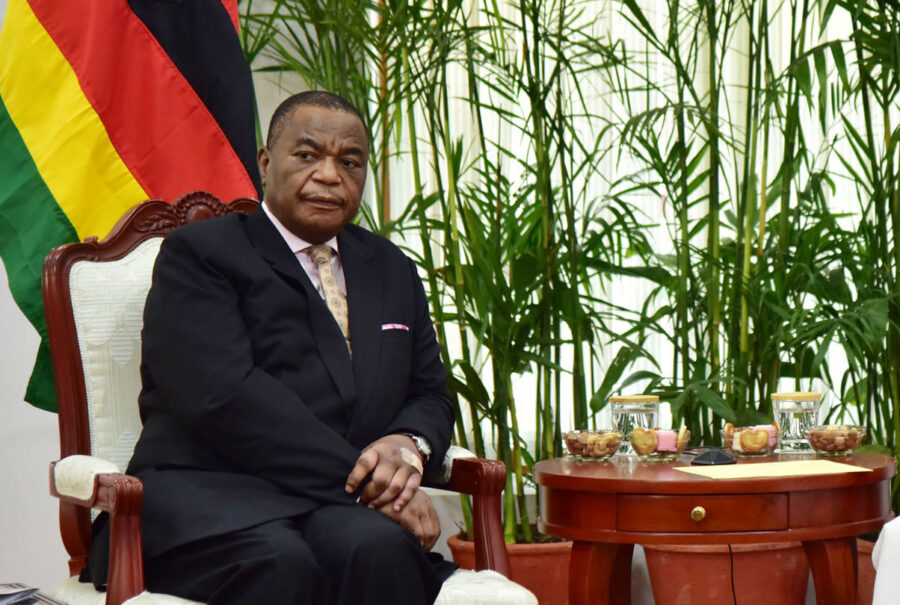All schools have been ordered to close in South Sudan, as it prepares for a heatwave in which temperatures could reach an exceptional 45C (113F).
Authorities said children should stay indoors and that the extreme weather could last for at least two weeks.
Deaths “related to excessive heat” have already been reported, officials said on Saturday.
Residents in parts of the capital Juba sweltered without electric fans on Monday as the heat sparked power cuts.
The streets of Juba, home to over 400,000 people, were largely quiet in the afternoon as local media reported temperatures of 41C (106F).
It is exceptionally early for South Sudan to experience such heat – temperatures often exceed 43C (109F) but only in the summer months, according to the World Bank’s Climate Change portal.
Children in uniform could be seen walking back to their homes, having been turned away from school on Monday.
The ministries of education, health and environment said on Saturday that all schools would be closed from Monday due to the “serious health hazards” posed to students.
The ministries’ statement did not say when schools would open again, but after a briefing with authorities on Monday, two teachers told the BBC that their classes would resume on 3 April.
Medical charity MSF told the BBC it had seen an increased number of admissions to one of its hospitals since the temperatures started to rise.
Residents of South Sudan, whose independence from Sudan in 2011 makes it the world’s newest nation, described difficult conditions on Monday.
“This heat is very serious and it’s really affecting our work,” Wadcon Saviour Lazarus, who runs a national NGO, told the BBC.
“Because of this heat, we are not able to move from one place to another. We come to the office early and leave late in order to avoid the heat,” he said.
Juba resident Ayaa Winnie Eric said: “I take a lot of water to keep me hydrated. I also wear light clothes that do not absorb heat, and I avoid walking in the hot sun.”
Muslims, who make up around 6.2% of the country’s population, have been hit especially hard as many are observing Ramadan – a month of fasting. They are therefore not permitted to drink water or any other liquids to stay hydrated during the day.
South Sudan is the latest in a long line of African countries to experience blistering and, in many cases, record-breaking heat.
El Niño, a natural weather phenomenon, has been a big driving factor. It has caused unusually warm waters in the east Pacific Ocean – disrupting global weather patterns and driving up temperatures.
However, El Niño is occurring against a backdrop of wider climate change. Meteorologists across the world have been documenting an increasing number of temperature extremes, with 2023 becoming the world’s hottest year on record.
South Sudan could experience a few storms in its southern region next week, which could bring some relief amid the blazing heat. BBC





































